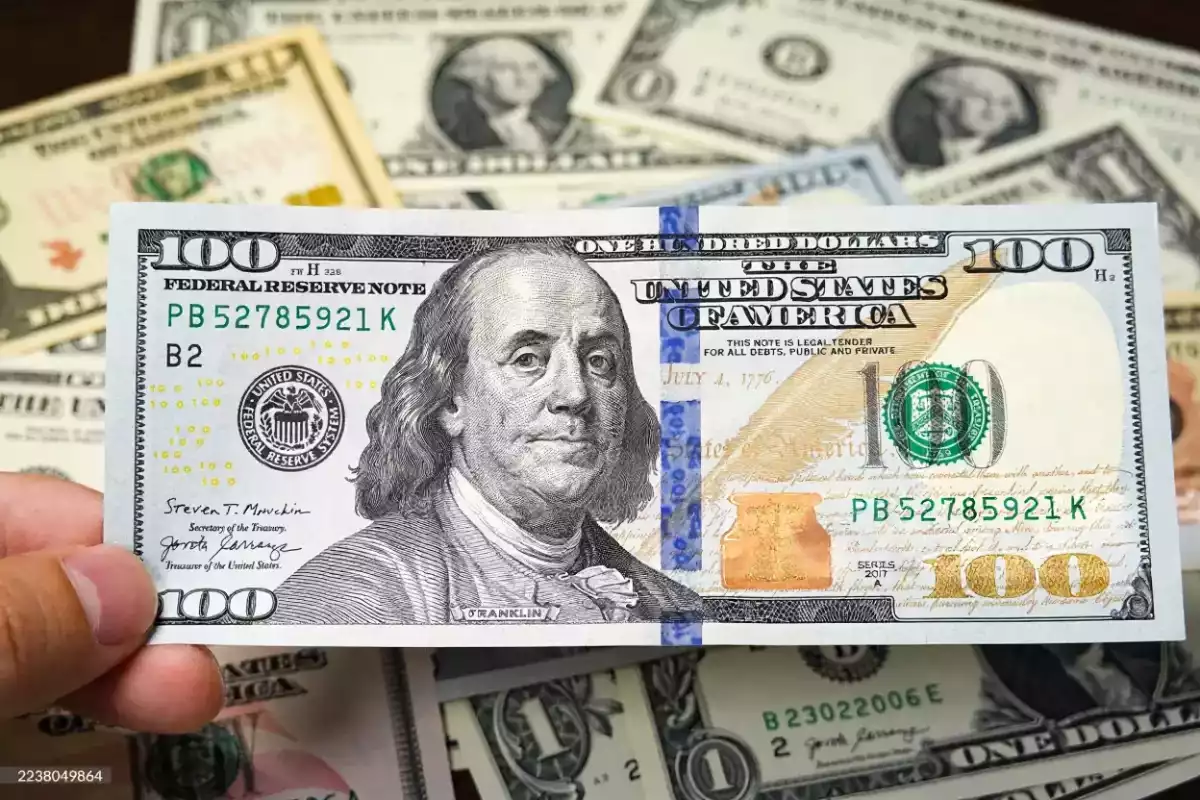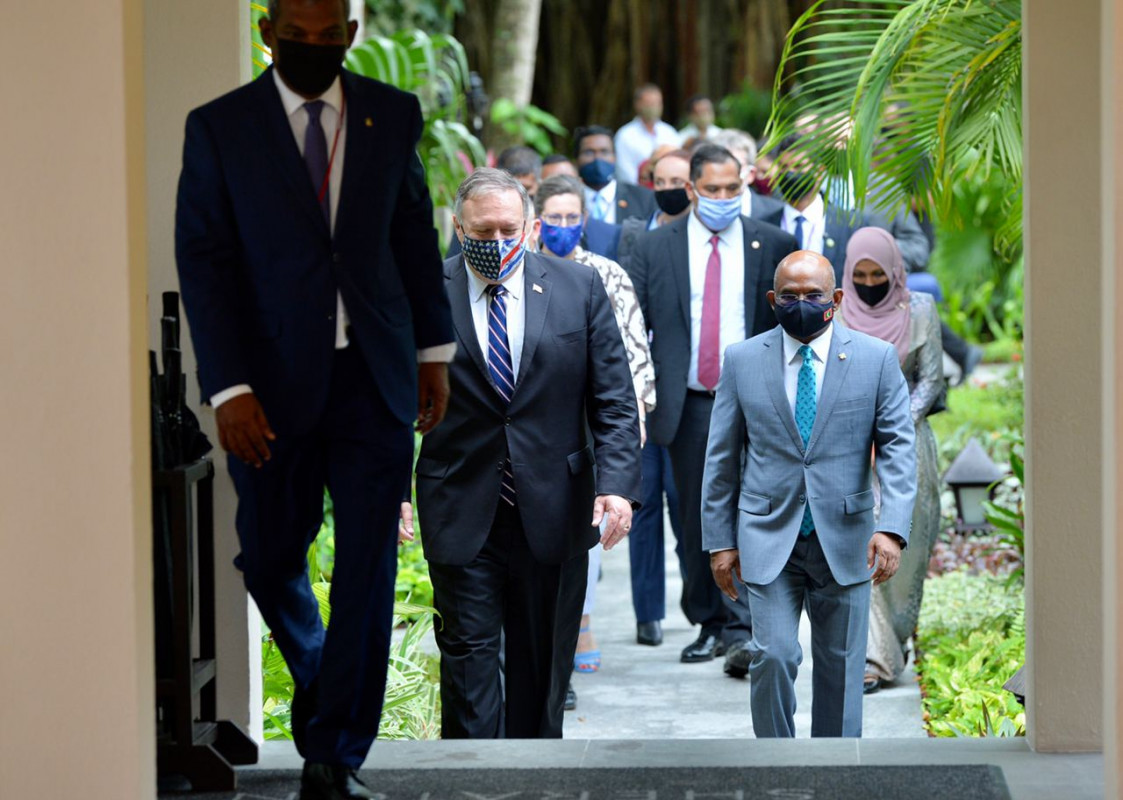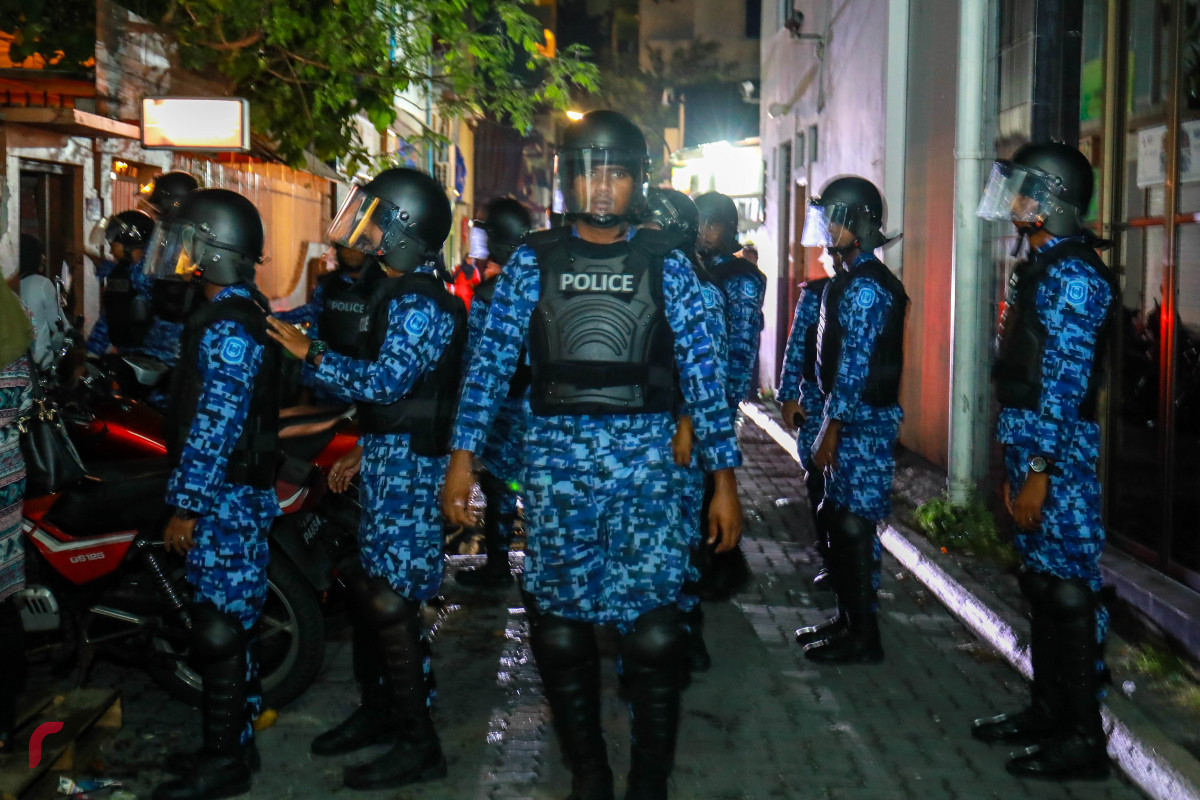SBI imposes USD 150 remittance cap on Indian workers in Maldives as USD supply dries up
SBI has suspended ATM withdrawals in foreign currency for Indian workers in Maldives


A USD 100 Federal Reserve Note
The State Bank of India (SBI), operating in the Maldives, has significantly restricted the amount of U.S. dollars that Indian citizens working in the country can send abroad. Effective from 25 October 2023, the bank has capped monthly outward remittances to just USD 150 (approximately MVR 2,313).
This move follows what SBI describes as a period of "severely reduced dollar availability," which has impacted its ability to facilitate foreign currency transactions. As a result, Indian expatriates, particularly those working in sectors such as education, are now facing considerable financial challenges.
Previously, customers were permitted to remit up to USD 400 per month, in addition to accessing USD 100 through overseas ATM withdrawals using Maldivian Rufiyaa-denominated cards. Under the new restrictions, ATM withdrawals in foreign currency have also been suspended, eliminating another key avenue for accessing dollars.
The drastic reduction in permissible remittance amounts is reportedly creating financial strain for many Indian workers, especially those who have been employed in the Maldives for several years without salary increments. With the rising cost of living and housing due to inflation, the new restrictions are seen as a significant burden.
The situation has raised concerns that workers may be forced to turn to unofficial channels, such as the black market, to meet their financial obligations back home. Such practices not only expose individuals to legal risks but also fuel unregulated financial activity in the country.
The development underscores the urgent need for coordinated intervention by the central bank Maldives Monetary Authority (MMA), SBI, and relevant government bodies to restore access to formal remittance channels and mitigate the growing dependence on unregulated markets. Without prompt corrective action, the restriction could deter foreign professionals from continuing their employment in the Maldives, potentially affecting key sectors reliant on expatriate labor.






